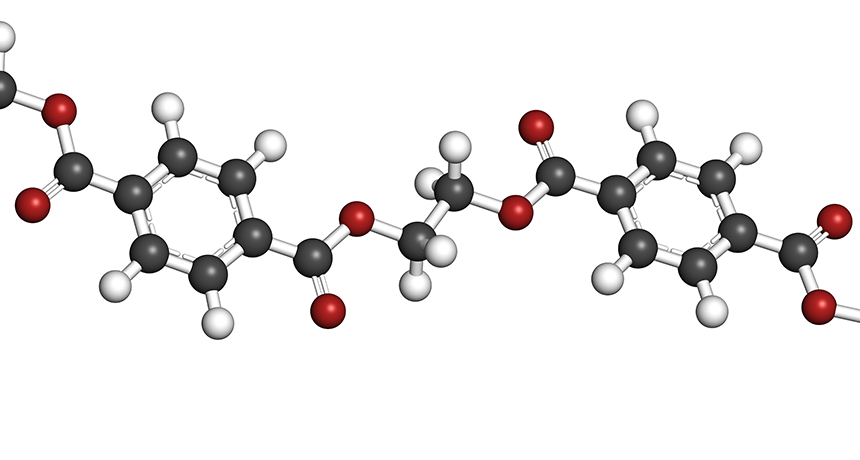Polymers in Building And Construction: Stronger, Less heavy, and Extra Sturdy
Polymers in Building And Construction: Stronger, Less heavy, and Extra Sturdy
Blog Article
Exploring the Varied Applications and Benefits of Polymers in Different Industries
Polymers, with their varied array of buildings and performances, have actually come to be important in various sectors, each reaping one-of-a-kind benefits from their application. From enhancing safety and efficiency in the automotive field to transforming medical devices in the health care industry, polymers play a crucial function.
Automotive Market Applications
Polymers play a crucial duty in improving the performance and resilience of different components within the auto sector. These versatile materials are extensively made use of in the manufacturing of various parts, ranging from indoor components to under-the-hood applications. One famous use polymers in the automobile industry remains in the production of light-weight elements. By changing standard metal get rid of polymer-based alternatives, vehicles can accomplish enhanced gas performance without compromising on stamina or safety.

Healthcare Sector Advantages
In various healthcare applications, the advantages of making use of polymers are widely recognized for their diverse array of advantageous residential or commercial properties. Polymers play an essential role in the healthcare market as a result of their versatility, biocompatibility, and cost-effectiveness. One of the main benefits of polymers in health care is their capability to be tailored to particular requirements, such as flexibility, longevity, and biodegradability, making them ideal for a large range of clinical applications.
Polymer-based products are extensively used in clinical tools, such as catheters, implants, prosthetics, and medicine delivery systems, as a result of their biocompatibility and capability to simulate natural cells. These materials can reduce the threat of allergies or rejections, enhancing person safety and security and outcomes. Furthermore, polymers are light-weight, making them appropriate for wearable clinical tools and making sure client comfort.
In addition, polymers enable the development of cutting-edge therapy techniques, such as hydrogels for tissue design and nanocomposites for targeted drug shipment. Their ease of processing and sanitation makes them essential for keeping high standards of hygiene in medical care settings. In general, the diverse benefits of polymers contribute substantially to advancements in medical technology and individual care.
Ecological Benefits of Polymers

Additionally, polymers can add to power savings because of their light-weight nature. In markets such as transport, light-weight polymer products can aid decrease gas usage and greenhouse gas exhausts. In addition, polymers can allow the advancement of energy-efficient products such as insulation materials that improve energy conservation in structures.
Moreover, polymers play an important function in minimizing water contamination. For instance, the usage of polymer-based filtering systems can properly get rid of toxins and impurities from wastewater, guarding water sources and environments. On the whole, the ecological advantages of polymers make them useful possessions in promoting sustainability and environmentally her comment is here friendly practices throughout different markets.
Polymers in Electronic Devices and Innovation
Considering the enhancing demand for ingenious and sustainable services in modern sectors, the assimilation of sophisticated polymer innovations in the world of electronics and technology has actually emerged as a pivotal approach for driving effectiveness and efficiency. Polymers have actually transformed the electronic devices market by enabling the manufacturing of lighter, more adaptable, and durable electronic gadgets. From smartphones to clinical devices, polymers play a crucial function in boosting product style and functionality.
One substantial benefit of polymers in electronics is their shielding visit this website properties, which assist shield delicate digital components from environmental aspects and electric interference. Furthermore, polymers are essential in the advancement of adaptable screens, wearable innovation, and published electronic devices, providing limitless opportunities for creating wise and interconnected gadgets.
Additionally, making use of polymers in digital packaging has caused advancements in miniaturization and thermal administration, improving the general efficiency and integrity of digital systems. As technology remains to develop, the versatility and flexibility of polymers will certainly drive additionally development in the electronics market, forming the go to my blog future of innovation.
Role of Polymers in Construction and Facilities
Polymers offer many advantages in the building market due to their adaptability, toughness, and cost-effectiveness. One vital duty of polymers in construction is their use in finishings and sealers, supplying defense against ecological factors such as moisture, UV radiation, and rust.
Moreover, polymers play a vital role in sustainable building methods by enabling the growth of energy-efficient structures. Shielding materials made from polymers assist control interior temperature levels, reducing the requirement for heating and cooling down systems and inevitably lowering energy usage - Polymers.
Final Thought
In final thought, polymers play a crucial role in various industries such as automobile, health care, ecological, electronic devices, and building. Their flexible residential or commercial properties make them important in producing ingenious services and products. From improving gas efficiency in vehicles to boosting clinical tools, polymers use many advantages. Furthermore, their influence on decreasing waste and promoting sustainability highlights their importance in modern-day applications. The prevalent usage of polymers demonstrates their significant payment to progressing innovation and improving quality of life.
Report this page